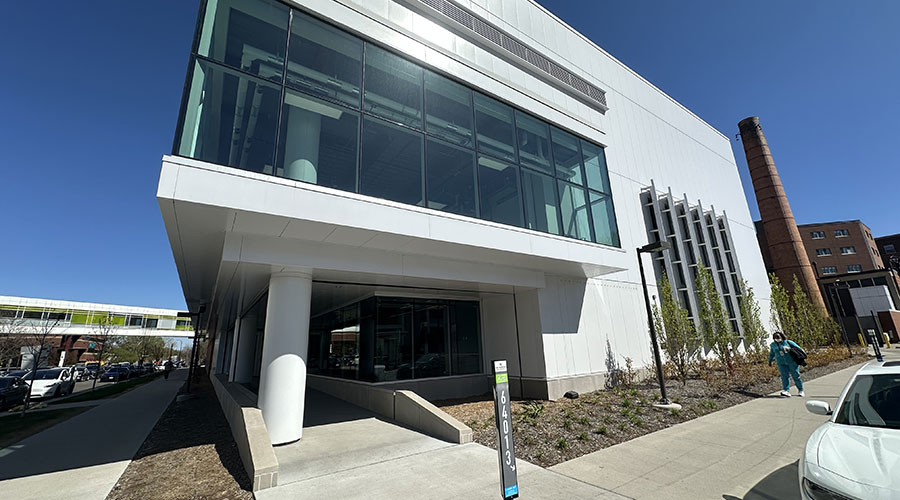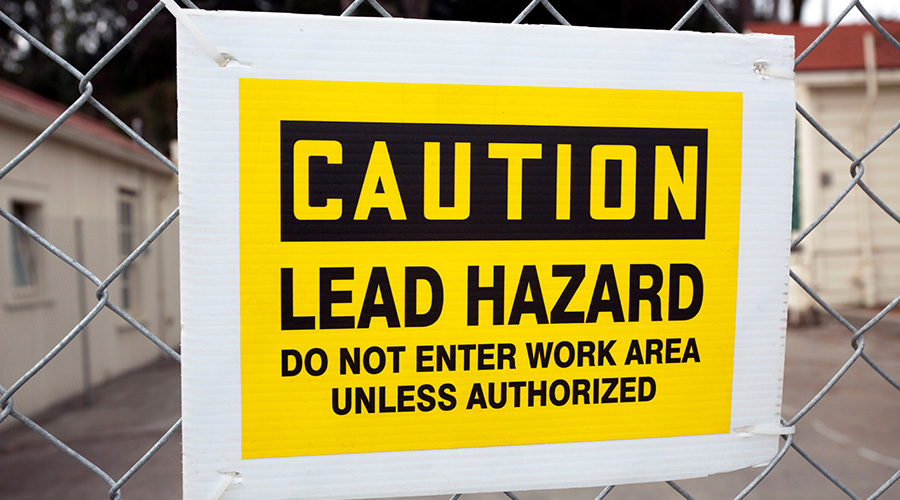Groups Form Alliance To Prevent Workplace Hearing Loss
Three national organizations have signed an agreement to expand outreach and resources to help prevent work-related hearing loss
Three national organizations have signed an agreement to expand outreach and resources to help prevent work-related hearing loss. The organizations — the National Institute for Occupational Safety and Health (NIOSH), the Occupational Safety and Health Administration (OSHA), and the National Hearing Conservation Association (NHCA) — will work together to:
• provide expertise in developing information for recognizing and preventing occupational hearing loss, and in developing ways to communicate such information to employers and employees
• speak, exhibit, or appear at partner-sponsored conferences, local meetings, and national conferences
• share information among OSHA and NIOSH personnel and industry safety-and-health professionals regarding NHCA-recommended best practices or effective approaches
• publicize results through materials prepared by the partners, training programs, workshops, seminars, lectures, or other appropriate forums
• work with others on specific issues and projects addressed and developed through the alliance
• convene or participate in forums, roundtable discussions, or stakeholder meetings on workplace hearing-loss prevention to help forge solutions or provide input on worker-safety and health issues.
A team of representatives from all three organizations will meet to develop an action plan, determine working procedures, and identify the roles and responsibilities of the participants. The team will meet at least three times per year to track and share information on activities and results.
The agreement supports NIOSH's strategic research program for preventing work-related hearing loss. About 30 million workers are exposed to hazardous noise on the job, and another 9 million are at risk for hearing loss from other agents, such as solvents and metals.
Although comprehensive data on the economic impact of hearing loss are not available, localized data suggest job-related hearing loss places an enormous burden on workers, their families, businesses, and the general economy. For example, in Washington, workers' compensation disability settlements for hearing-related conditions cost $4.8 million in 1991, not including medical costs. In the national workforce, occupational hearing loss costs an estimated $242.4 million per year in disability alone.
NIOSH offers a range of resources to help prevent work-related hearing loss. These include recommendations for controlling levels of workplace noise that create the risk of hearing loss, designing hearing-loss prevention programs, and selecting and properly using appropriate hearing-protection devices where dangerous levels of noise have not yet been reduced or eliminated.
NIOSH offers information on its research and recommendations on hearing-loss prevention on its web site.
Related Topics:











